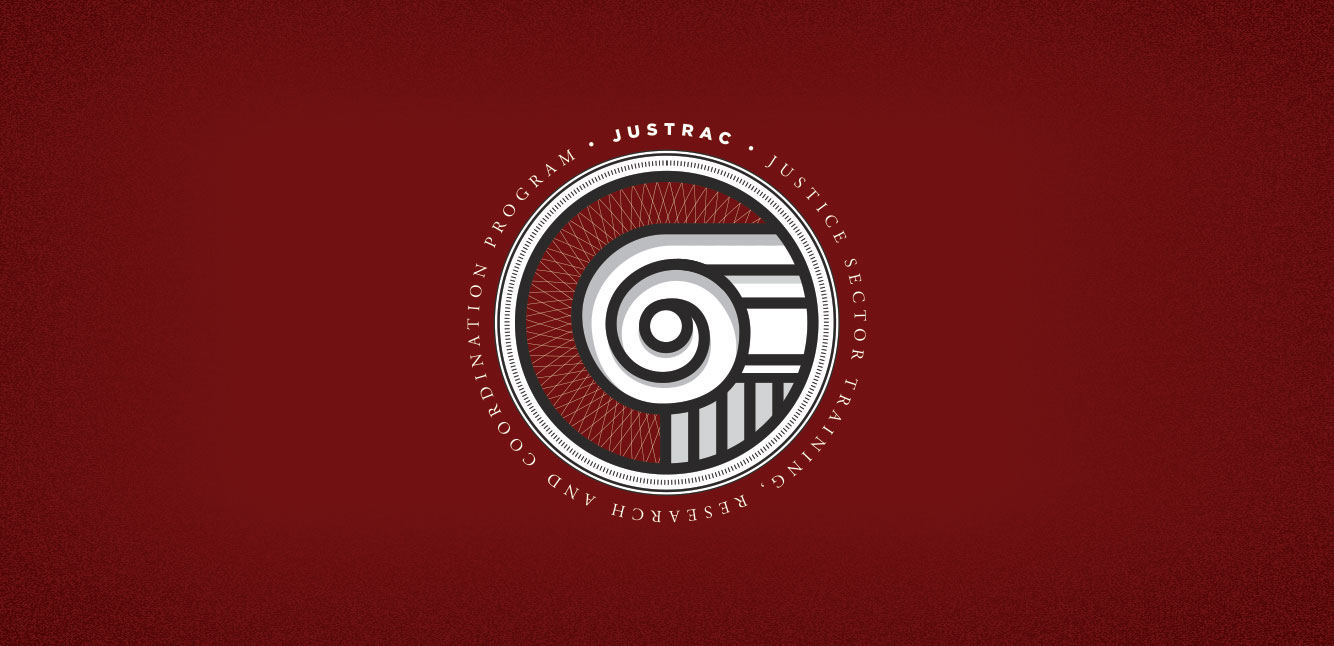While the Maidan protests, which began in late 2013, and the February 2014 Ukrainian revolution paved the way for reforms that could reduce corruption and spur economic development, Ukraine continues to suffer from systemic corruption and weak economic performance. Moreover, corruption and weak economic performance in Ukraine continue to reinforce each other. Government, the private sector, the media, and civil society all have played key roles in the reform process since the onset of the protests, but they all face obstacles in advancing sustainable reform. Reformers within government, particularly young Members of Parliament, have been instrumental in pushing for reform, but they operate within a system that is the product of endemic corruption. Unlocking the potential of the private sector, in particular Ukraine’s burgeoning information technology industry, is crucial to ensuring Ukraine’s economic success. Ukraine is now at a crossroads in the post-Maidan era, as the elation of the movement’s initial victories has worn off, challenging Ukraine to sustain the momentum of the daily reform process. Some reforms have been encouraging. For example, Ukraine has created publicly accessible registries of various kinds of assets and will include others, such as vehicles, in future registries. To take another example, Ukraine is in the process of reforming its constitution, which presents an opportunity for judicial reform. In addition to the reform process itself, investigative journalism has played an important role in rooting out corruption. Other reforms have had limited success. For example, while the October 2014 reform package is ambitious and comprehensive, it has not been implemented fully. In addition, a variety of businesses in Western countries harbor the assets of corrupt Ukrainian officials, hampering the effects of measures that target the assets of corruption officials within Ukraine. A complex mixture of domestic and international challenges makes the reform process a pressing priority. Domestic challenges include the Soviet legacy of corruption and disregard for the rule of law, actors with vested interests in the pre-Maidan system who continue to resist reforms, a lack of high-level political will to enforce legislation, and widespread social norms that tolerate corruption. International challenges include a lack of international donor coordination, complicity by Western businesses that facilitates corruption, a war with Russia, the challenge of bringing Ukraine’s regulatory regime in line with European Union standards, and the task of preparing its businesses to compete in the European market. Not all of these various challenges are unique to Ukraine, and the experiences of other countries can provide lessons as Ukraine seeks a path forward.
A Forum on Eliminating Corruption and Promoting Economic Development in Ukraine: Symposium Final Report

